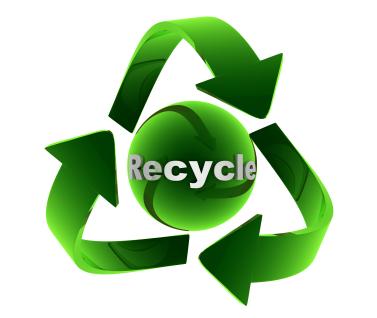Costa Rica News – Costa Rica’s halfway recycle goal is to eliminate the plastics of single-use (such as coffee removers, straws and packaging bags) and it requires a transition process.
 The Ministry of Environment and Energy (Minae), the Ministry of Health (Minsa) and the United Nations Development Program (UNDP) joined forces in a plan to get rid of the plastic and it begins at the Great Metropolitan Area (GAM).
The Ministry of Environment and Energy (Minae), the Ministry of Health (Minsa) and the United Nations Development Program (UNDP) joined forces in a plan to get rid of the plastic and it begins at the Great Metropolitan Area (GAM).
Fernando Mora, Deputy Minister of Water, Seas, Coasts and Wetlands said they will not be able to eliminate single-use plastic overnight, but the goal is to begin this year. Their efforts aim to prevent waste and discourage people from littering. Mora said the idea is to get people to know the serious impact of waste disposal.
According to Kifah Sasa, UNDP Sustainable Development and Resilience Officer, only 5% of the plastic is recycled in the world, most of it ends up in the coasts and oceans. It is estimated that by 2050 there will be more plastics than fish.
Minsa data illustrates that in Costa Rica approximately 110 tons of plastic per day pollute the environment, many of them only had one use before being disposed of.
For Marco Luconi, president of the Costa Rican Association of the Plastic Industry (Aciplast), the problem is not the material but the bad disposition of the waste. All the plastic is recyclable and these are valuable materials, even the coffee removers and straws, said Luconi.
With respect to disposable plastics, Minae’s Environmental Quality Management (Digeca) says they serve to pack. They are not part of the product since it’s packaging, but they are offered for convenience of the consumer.
Luconi says these plastics are reusable and argues the single use issue is relative to recycling, because you can have a single use glass bottle and a plastic bag that is reused to throw away the garbage. It is not the material; the question is the use that you give to that material.
In Costa Rica there is already a bill, file No. 18.349, which prohibit the free delivery of plastic bags by businesses to their customers. Establishments that violate this rule would be exposed to a fine of 20 to 100 base salaries (a basic salary of ¢ 403,400).
The provision would take effect five years after its approval in the Legislative Assembly. The project promoted by Minae, Minsa and UNDP would be moving ahead in preparing the citizens, although their proposals are independent of the bill.
Starting today, a series of workshops will be held with mayors and councilors to formulate measures that can be implemented in the short-term, without the need for a law to improve recycling in the country. Another municipal measure is to give a tax incentive to those businesses that do not use this type of plastics in their establishments.
On Thursday, a meeting with retailers is planned to present a letter of commitment where they voluntarily agree not to use single use plastics in their business. The project also aims to promote the use of biodegradable materials, made from resins of agricultural origin, as a substitute for plastics.
This initiative would make Costa Rica the first country to have a national plan on this issue. Sasa states the country can’t continue to treat the plastic problem with river cleanings and need to eliminate the material that really causes the problem.
By Brenda Sotelo

